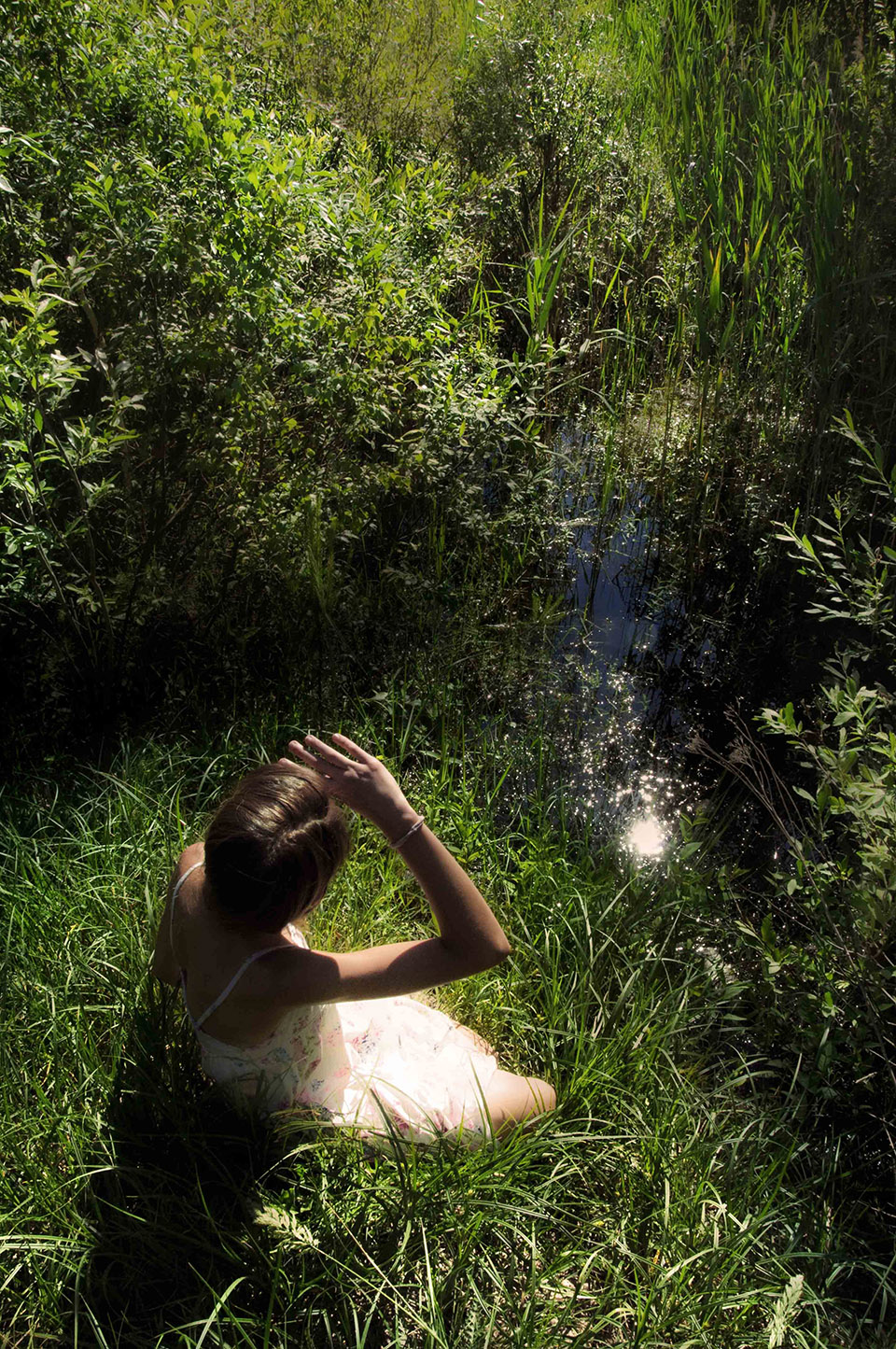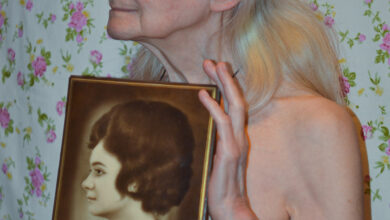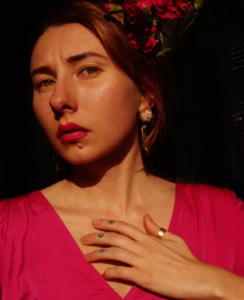
My name is Jane. I am a photographer from Ukraine. The war caught up with me when I was in my village, Cherkas’kiy Tyshky, with my grandfather and grandmother. We were occupied instantly on February 24, 2022, at 6 a.m.
15 kilometers is the distance that separated our village, which is under occupation by Russian forces, and Kharkiv, which is held by Ukrainian troops.
My village, which is between Kharkiv and the Russian border, is still under occupation. I managed to escape, but I spent twenty days there, which I will describe in this weekly column.
I thought a lot about mundane things when I was under occupation. I thought about the ways to survive with limited resources, because if the bomb had not killed me, hunger would have. That is why I started each day with a recount of my stock, then I went on the streets trying to find out when a humanitarian aid or medicine supply was coming. For if we had some food, there was no medicine at all, and I did not want to reanimate my grandmother or grandfather.
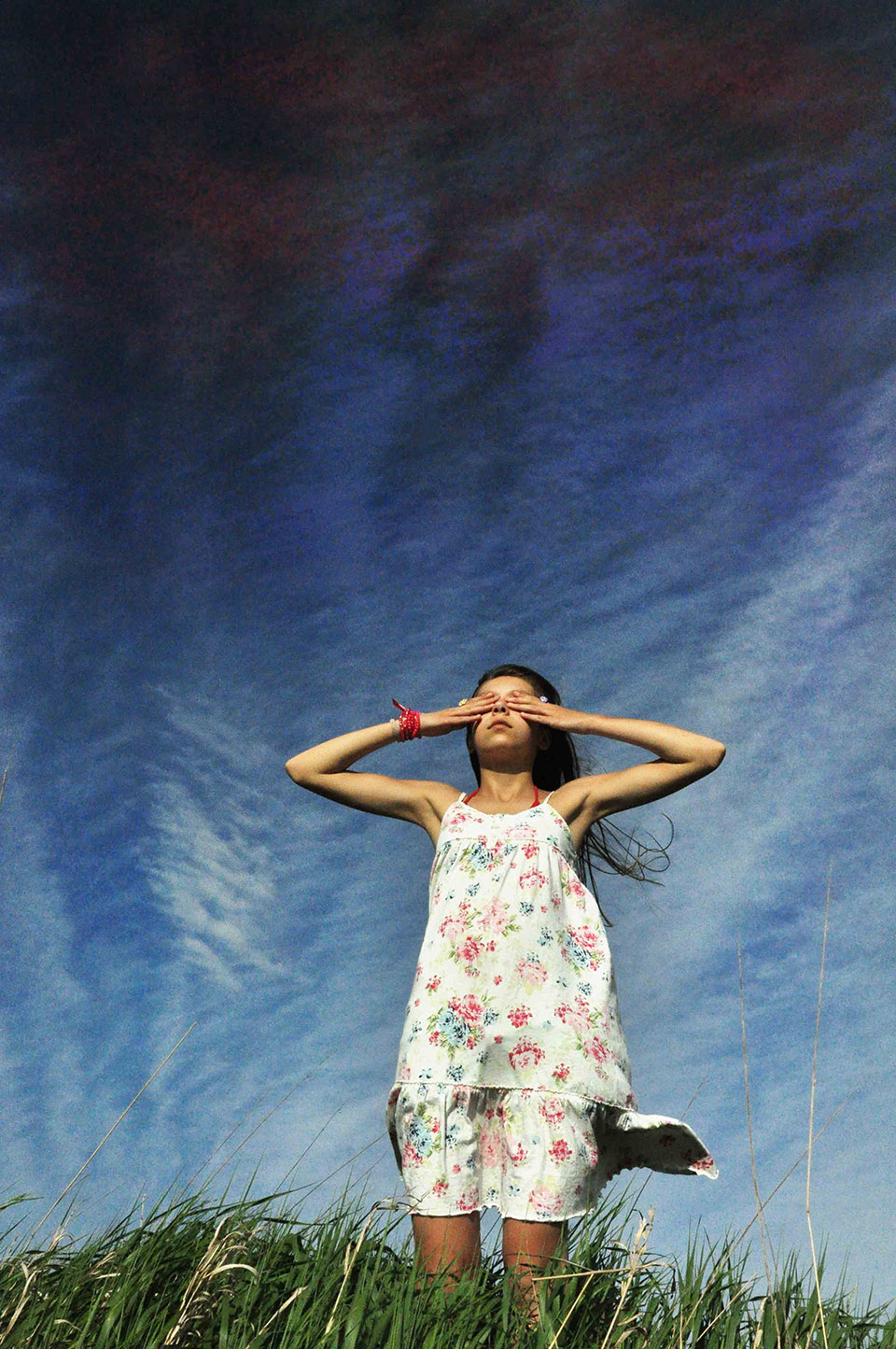
We took the potatoes from a cellar to plant them, though it was minus 10 degrees Celsius. But we thought that they better take a root because we might plant them under occupation. I thought about summer, that it was going to be better with fresh fruits and vegetables—watermelons, apples, and melons. I thought that the bombs might not be that frightening with watermelon juice running down your fingers. Maybe death would stop walking among us once we had bitten into a piece of a juicy melon warmed up by the sun. Maybe… But maybe I would have lived all my life like that! Under the heat of the sun, among Russian soldiers, who beetled so loudly, that the earth was shaking. Maybe I would have married a Russian soldier in the end. Yuck, yuck! I thought about many things. I had only forbidden myself to think about one thing: being free, because such a thought would have torn me apart from inside. It would have hurt beyond bearing.
That is why I thought about mundane tasks. I had been sitting, painting my nails, and planning to get humanitarian aid. A bomb flew past the window, high in the air as if it were a star. It flew from our side, so I continued doing my nails. I listened attentively. Another one flew in our direction.
“Boom!”, I heard from afar. It was far enough that I did not stop painting my nails. I could wait for them to dry. Ruined nails were worse than bombs.
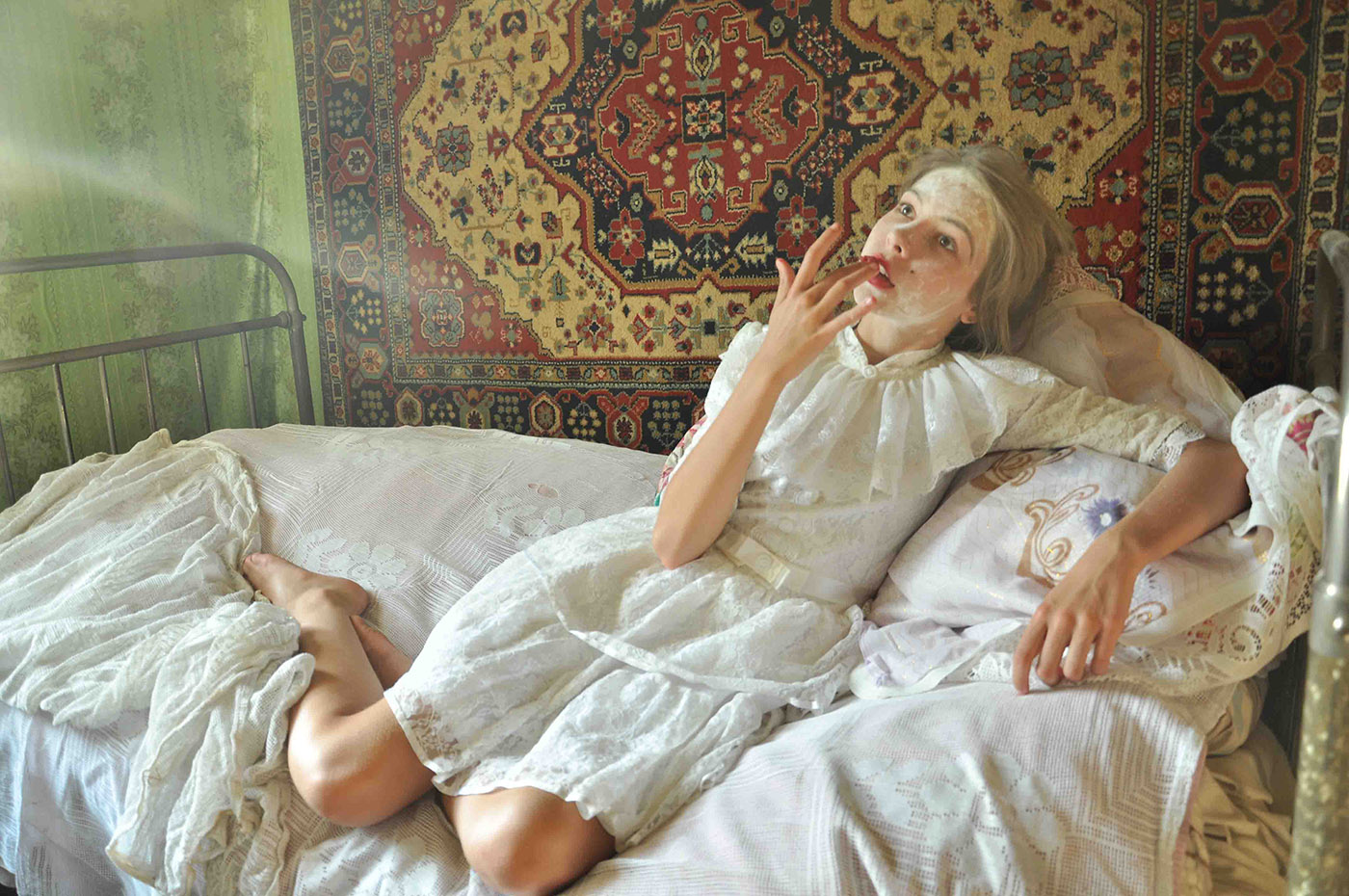
I started doing yoga on one of the days of occupation. Because my bones hurt from all that tension. Just as I was going into Asana, I would hear a shell.
“If a bomb bangs, then it will bang. At least my back won’t hurt”, I had thought.
Before the start of the full-scale war, I had thought that a war was something unnatural, something you could not live through, something abnormal. I had thought that war was the end. But everything about it ended up being prosaic. The war is not poetry: it’s mundane. We were living through the mundane war. We walked under the shelling to get a can of water, to wash ourselves in a basin. You should not romanticize the war. It does not deserve it. Mundanity saved our lives.
We concentrated on mundane things because our psyches could not bear to think globally. They would have broken if we had thought in images. We could not embrace the war.
It’s the same with rock climbing: the only thing you can think about is the next step. You need to be focused on the next hold—on a single movement—that won’t allow you to fall. Hold after the hold, that is how you climb a rock. You reach the top, not thinking about the top itself, but thinking about the next hold. Your life depends only on one movement. That’s all.
